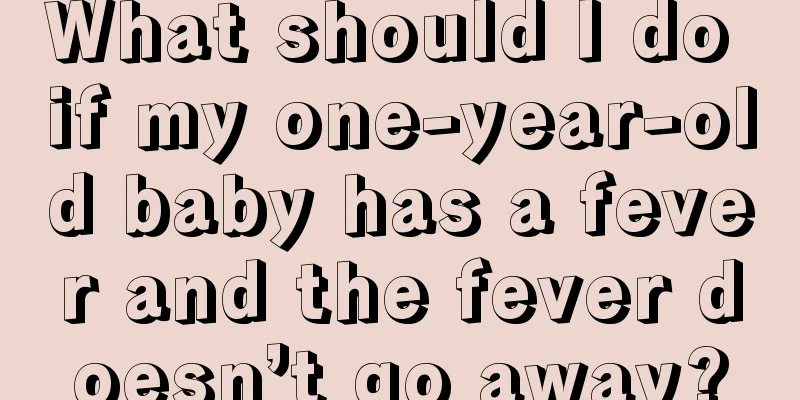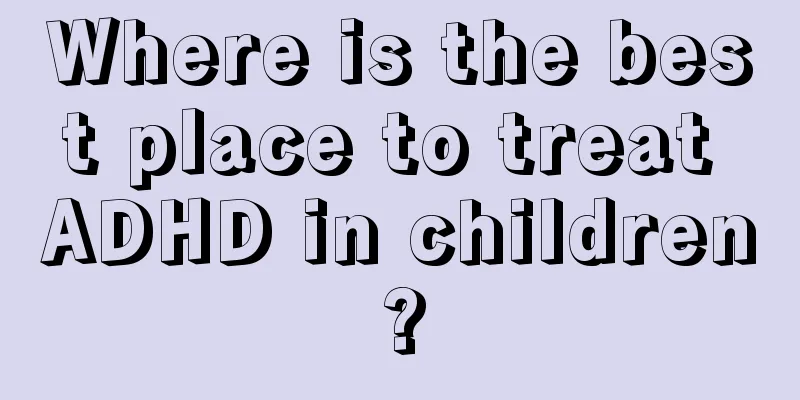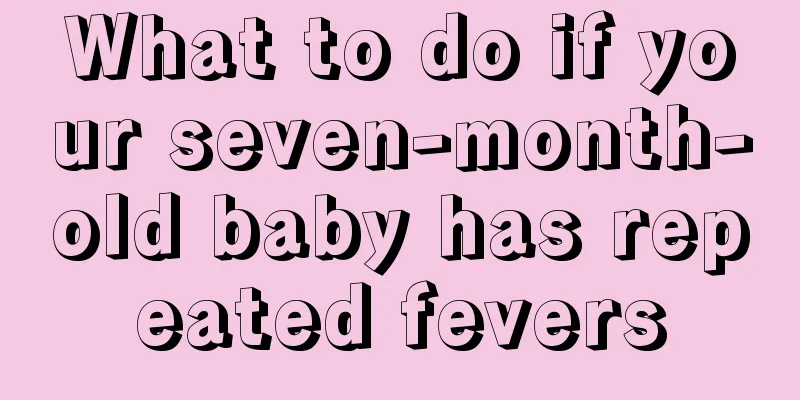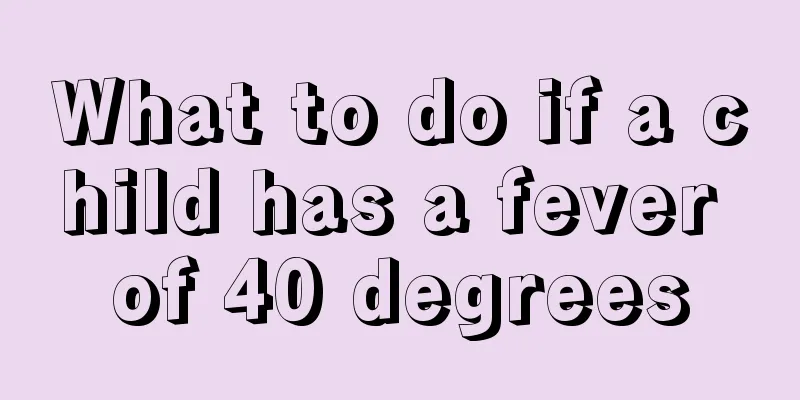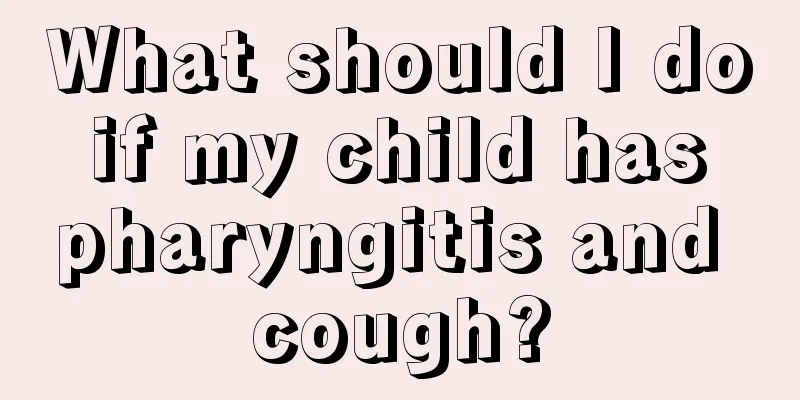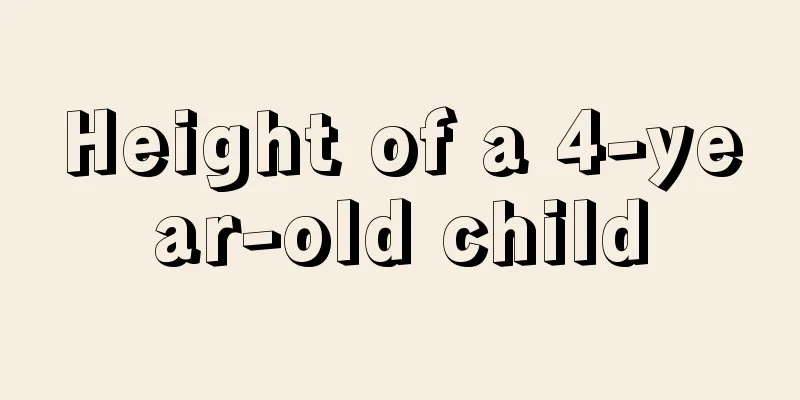What causes a child to have tongue coating?

|
When we give our babies a physical examination, we usually find that they have a coated tongue. That is, the tongue coating often turns white or is relatively thick. Then the child's body must be lacking some trace elements or other nutrients. Every child's physical fitness is different, so if a child has a tongue coating, the body should be adjusted in time. But what is the reason why children have tongue coating? Why does my baby have thick white tongue coating? Some new mothers will find that their baby’s tongue coating is thick and white, and they will worry whether the baby is sick. In fact, the thick white tongue coating of many babies is only because the milk residue is attached to the tongue or oral mucosa, forming a layer of light white substance. If the baby only drinks milk and not water, this layer of white substance will be more obvious, which is what we call milk stains. Usually mothers can use sterilized gauze dipped in some warm water to gently wipe the baby's tongue. If the thick white tongue coating almost disappears after wiping, and the tongue is still moist and smooth, then it is due to milk stains left after drinking milk. Another possibility is thrush. The baby's tongue may be infected by bacteria due to unclean food, causing white patches to grow on it. At this time, it cannot be easily wiped off with a wet gauze. In this case, you should take your baby to the doctor in time to avoid more serious situations. If the baby has a poor digestive system, he may also have a thick white tongue coating. In this case, you should give the baby some easily digestible food and let him drink plenty of water. Or you can use a baby-specific tongue cleaning toothbrush to gently brush the tongue, and the thick white tongue coating will improve. How to remove thick white coating on baby's tongue Adults will feel uncomfortable when they have thick white tongue coating, let alone babies. A baby's thick white tongue coating can also affect his mood when drinking milk, so if you find that your baby has a thick white tongue coating, you should clean it up in time. 1. Rinse your mouth with warm water Every time after drinking milk, the baby should rinse his mouth with warm water to clean the remaining milk on the tongue, so as to avoid the residue causing thick white tongue coating. In addition to cleaning the tongue coating, gargling frequently can also dilute the acid in the baby's mouth to prevent bacteria from growing in the mouth. 2. Wipe with gauze Dip a sterilized gauze in warm water and gently wipe your baby's tongue to help remove the tongue coating. However, be careful not to get too close to the throat during the wiping process to prevent the baby from vomiting. 3. Use silicone teeth caps You can use a silicone teeth cap specially made for babies. It looks similar to a toothbrush and can be put on your fingers to help your baby brush away the tongue coating and residue. However, because the baby's tongue is relatively soft, you should not use too much force to avoid hurting the baby's tongue. 4. Finger cot cleaning Before your baby starts to grow teeth, you can use your finger sleeves to gently massage your baby's gums. This can prevent the gums from becoming red and swollen when your baby's teeth first start to grow. |
<<: Baby's tongue coating is missing a piece in the middle
>>: There is a patch of tongue coating on the child's tongue
Recommend
What to do if your child's hair doesn't grow long
When a child is born, he may not have long hair, ...
Baby's temperature is low after fever
After the baby has a fever, if the body temperatu...
Can milk powder be eaten with egg yolk?
Milk powder and eggs are often consumed in daily ...
What to eat for children with eye problems
Nowadays, in many schools in our country, many st...
What are the red spots on the baby's head?
When babies are very young, they may have red spo...
Reasons why babies have mucus in their poop
Mothers who are familiar with baby common sense k...
What should we do if children have arrhythmia?
The anatomical and physiological basis of arrhyth...
The child has a hunchback
Nowadays, many children have hunchbacks. They do ...
What to do if your baby has indigestion after changing milk powder
The health of the baby is something that every mo...
Why do children always have fever at night?
When a child has a fever, the adults are the ones...
The reason why children lose their teeth early is
If you find that your child is losing teeth early...
What should young children eat if they have diarrhea?
Because diarrhea has become the most common disea...
How to deal with facial abrasions in children
If a child has a serious facial abrasion, he or s...
Baby's cold clear nasal discharge turns yellow
The most distressing thing for a family is when t...
What are the symptoms of protein allergy in children?
Young children's immunity is not yet fully de...

